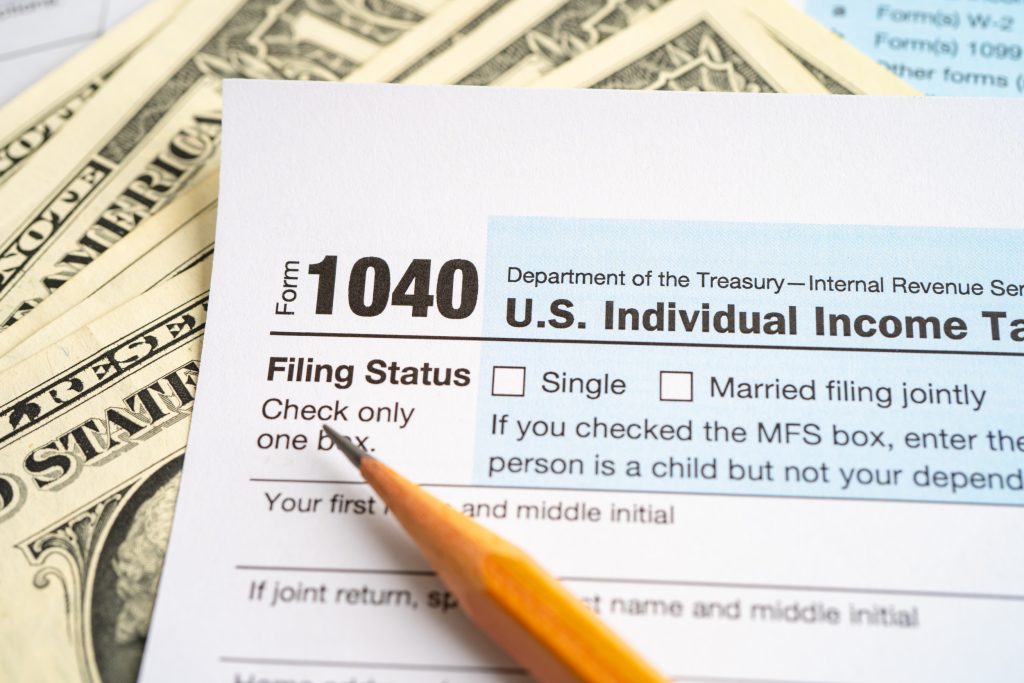The Internal Revenue Service (IRS) has reminded taxpayers in 14 states that may have been granted extensions on their tax returns due to severe weather or natural disasters. These extensions are offered to regions designated as disaster areas by the Federal Emergency Management Agency (FEMA) to provide relief by postponing certain tax filing and payment deadlines. Failure to pay or file federal tax returns can result in penalties from the IRS.
Taxpayers in the entire states of Louisiana and Vermont, all of Puerto Rico and the Virgin Islands, as well as parts of Arizona, Connecticut, Illinois, Kentucky, Minnesota, Missouri, Montana, New York, Pennsylvania, South Dakota, Texas, and Washington state have until February 3, 2025, to file their 2023 returns following severe weather or natural disasters in certain areas. This extension applies to individuals or businesses who had already been granted an extension on the original filing day of April 15, 2024, as well as quarterly tax payment estimates due after the date of the relevant disaster in their area.
Specific counties and areas in each state are subject to the extended deadline. For example, in Illinois, Cook, Fulton, Henry, St. Clair, Washington, Will, and Winnebago counties are included. In Kentucky, numerous counties including Ballard, Bell, Cumberland, Harrison, and Whitley are eligible for tax relief. Similarly, certain counties in Minnesota, Missouri, Montana, New York, Pennsylvania, South Dakota, Texas, and Washington state are also included in the extended deadline areas.
A separate deadline of May 1 has been set for areas impacted by Hurricanes Helene and Milton which tore through several southern states in September and October 2024. This deadline applies to the areas affected by these severe weather events and natural disasters. Taxpayers in these areas should be aware of the specific deadlines and requirements set by the IRS to ensure they are in compliance with their federal tax obligations.
It is crucial for taxpayers in these designated disaster areas to understand the potential penalties for failing to file or pay their federal tax returns on time. The IRS offers relief by extending deadlines for affected regions to provide some financial reprieve to individuals and businesses impacted by severe weather events or natural disasters. By adhering to the extended deadlines and meeting the IRS requirements, taxpayers can avoid penalties and ensure they are in compliance with their federal tax obligations.
Overall, taxpayers in the designated disaster areas across 14 states should be aware of the extended deadlines set by the IRS for filing their federal tax returns following severe weather events or natural disasters. By following the guidelines and requirements outlined by the IRS, individuals and businesses can avoid penalties and ensure they meet their tax obligations in a timely manner. It is essential to stay informed and take the necessary steps to comply with the extended deadlines to avoid any potential issues with the IRS.












